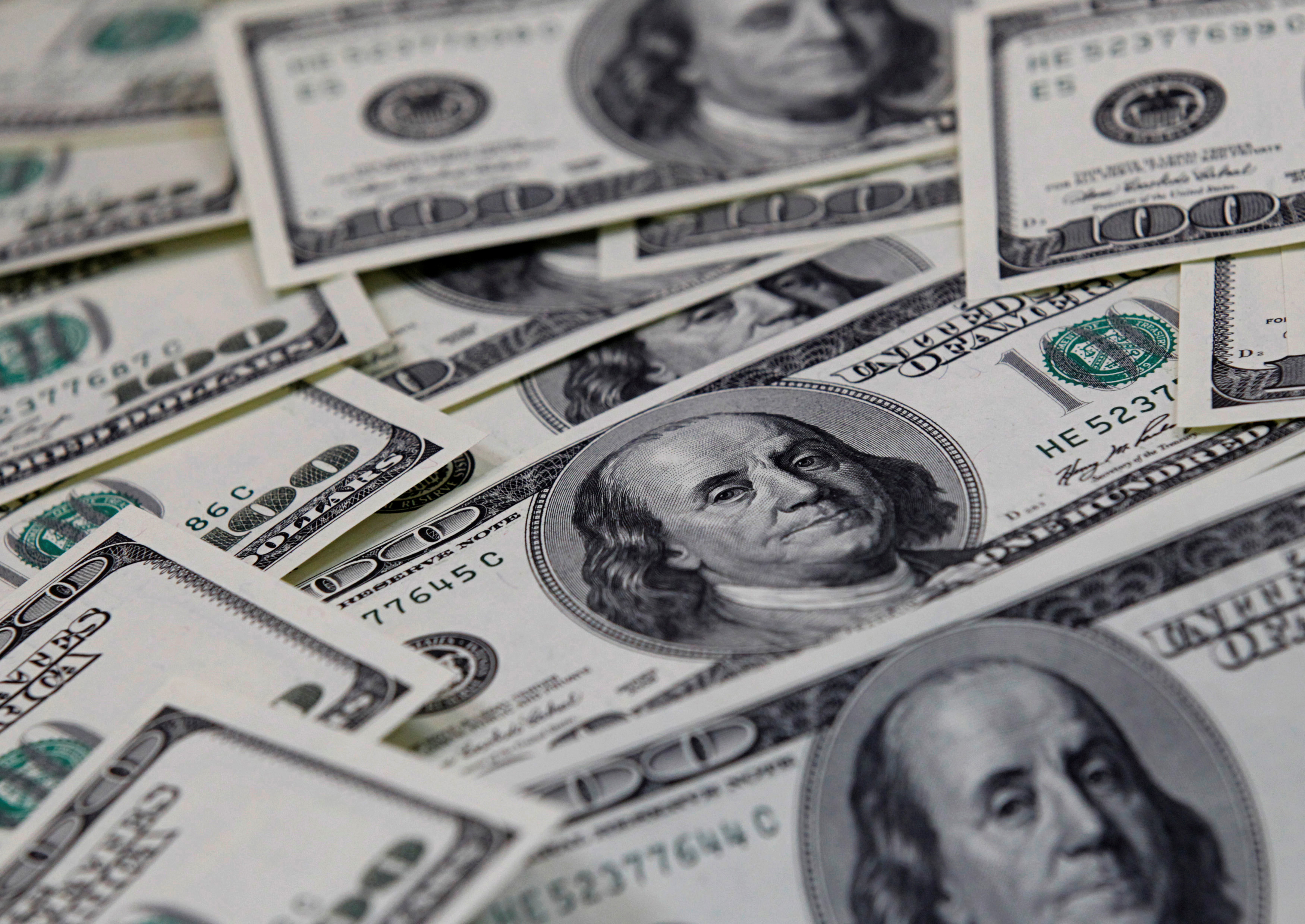(Reuters) Digital banks including Chime, Varo and Current have won over more US customers during the coronavirus pandemic by processing stimulus payments quickly, setting them apart from traditional banks and generating valuable word-of-mouth referrals.
In some cases, the companies pre-funded deposits they expected their customers to receive from the Treasury Department. In others, they received funds quickly and sent them through faster than traditional banks. That generated praise from individuals who celebrated their early deposits online and encouraged others to join their digital banks.
“I LOVE YOU @Chime,” a user with the handle @jayy702 Tweeted after getting some early stimulus funds on Dec. 28. “Reason number 1000 why I’ve been with them for years now. #ChimeCares.”
READ MORE:
Also known as challenger banks or neobanks, firms like Chime operate primarily through smartphone apps and attract depositors with perks like no fees or minimum balance requirements.
Reactions were not all positive. Big banks and startups alike got complaints about delays that stemmed from the Internal Revenue Service misrouting millions of payments, as well as problems like not having direct deposits set up.
Yet overall, digital banks appeared to do more to transmit funds quickly, analysts said. That helped them carve a stronger toehold in the United States, where they have struggled to gain traction
Agility wins
“Getting stimulus money into the hands of customers faster than incumbent banks is a big publicity win for the neobanks,” said Sarah Kocianski, head of research at fintech consultancy 11:FS.
She predicted further customer gains: “The appeal of getting paid early will remain beyond the stimulus packages.”
Varo more than doubled customers in 2020 compared with much slower growth in prior years, COO Wesley Wright said. It now handles nearly 2-million accounts. “The pandemic brought huge growth to us and to other digital banks,” he said.
Current’s customer figures rose similarly, from 1-million users in June to more than 2-million in November. Its revenue quintupled last year.
“It’s clear Americans desperately needed this,” said CEO Stuart Sopp, who urged the incoming Biden administration to offer more support.
Chime also grew over the past year, a spokesperson said, declining to share specifics. Chime gave 700,000 customers early access to nearly $700m in stimulus funds.
Though they are gaining ground, experts put neobanks’ total deposit market share in the low single-digits. For comparison, JPMorgan Chase, Bank of America and Wells Fargo each account for at least 10% of US deposits, according to government data.
Those three banks said they have processed all of the electronic stimulus payments they received to date.
Millions of Chase customers could access funds as of January 1 and all valid transactions were complete by January 4, the bank said. More than three-quarters of Bank of America customers who qualify for stimulus payments have received them, it said. Wells also said it has processed all stimulus payments that arrived through direct deposit.
The industry has attributed delays to problems beyond a bank’s control, including the IRS error, as well as payments sent to closed accounts or to tax preparers instead of individuals.
Those who have not yet received stimulus funds may get paper cheques or debit cards in the mail.
In addition to perks such as no-fee accounts, some digital banks also offer early access to recurring deposits, as well as referral bonuses or free cash advances.
Helping the unemployed
When coronavirus lockdowns thrust millions of Americans into unemployment, quick, easy access to money via smartphone app became even more attractive.
They also got more people into “primary” accounts with direct deposits, which was required to get electronic stimulus funds. Those accounts are considered the holy grail of consumer banking, because depositors tend to stick with their primary bank and seek other services over time.
About 15% of US millennials held primary accounts at digital banks in December, up from 5% at the start of 2020, according to a Cornerstone advisers survey. The consultancy defines millennials as those born between 1982 and 1994.
Drew Kolar, a 35-year-old bartender in New York, is one of them. After losing his job, Kolar was glad to see stimulus funds appear swiftly in his Varo account. He switched from Chase in late 2019 after his account turned negative and the bank assessed fees due to student-loan payments gone awry.
“I started looking for online banks that would take me with my bad credit and without connections to Chase, and found Varo,” said Kolar. “So far, I’ve had no problems.”
























